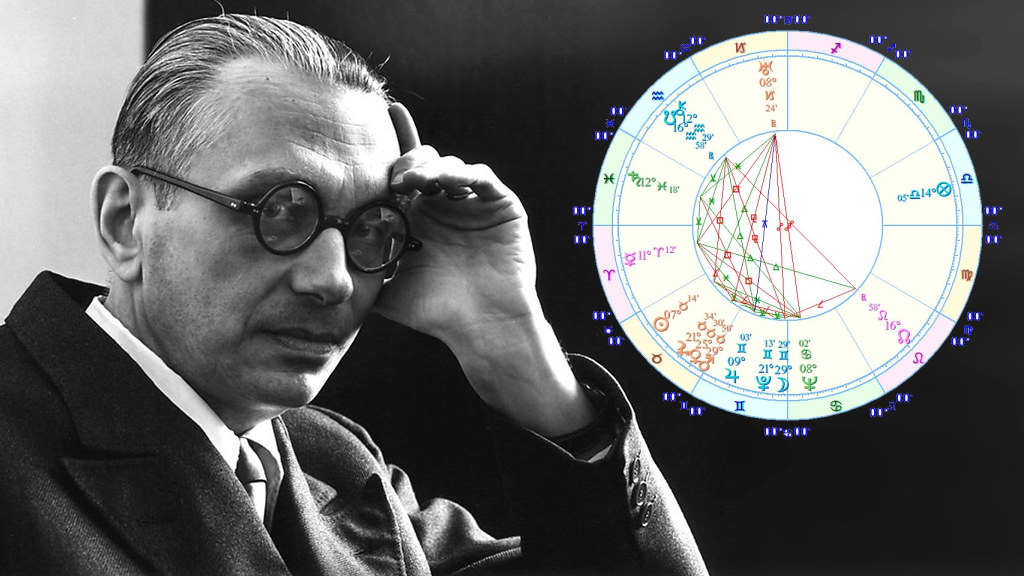Astrology And Prediction, Part Three: Incompleteness

“I think nature’s imagination is so much greater than man’s. She’s never going to let us relax.”
-Richard Feynman
(CLICK HERE for Part One, in which I discuss the nature of “prediction” in general, and CLICK HERE for Part Two, where I go over common reasons for incorrect predictions.)
In the early part of the 20th Century, Albert Einstein produced his theories of General and Special Relativity, which set the world of established Physics on its ear. In some ways, our conception of the world is still recovering from it. What’s less known to the general public is that in 1931 Kurt Gödel did the same thing for mathematics.
Don’t panic. A lot of people I’ve spoken to have said something like “I want to get more into astrology but I can’t deal with the math.” I’m not going to drop a college level math course on you. I’m a big fan of a lot of the concepts in advanced math. That doesn’t mean I always “get it.” Heck, I have to take my socks off to count past ten half the time. So, I sympathize with you.
In 1931 Gödel produced two theorems that shook the world of mathematics. He provided proof that every formal system (like math) is either incomplete or inconsistent. In other words:
-There will always be questions that cannot be answered, using any given set of axioms.
-You cannot prove that a system of axioms is consistent, unless you use a different set of axioms.
Even The Queen Of All Sciences, Math, is capable of producing true statements that cannot be proven. This reportedly disturbed Gödel quite a bit.
Let me show you an example of what he was talking about without using actual math.
Imagine there is a piece of paper in front of you. It says “the statement on the other side of this paper is false.” You turn the piece of paper over and it says “the statement on the other side of this paper is true.”
Ponder what this would mean as you are reading that piece of paper and turning it over, over and over again. Here’s a similar version that I remember reading as a kid in a book of Star Trek puzzles:
Mr. Spock has been captured by an evil supercomputer that i going to execute him. The computer tells Mr. Spock that the method of execution will be based on the next thing Spock says. If Spock says something true, he’ll be shot. If Spock says something untrue, he’ll be hung.
Spock thinks about it for a second. Then Spock says “this statement is untrue.”
The supercomputer, frustrated, let’s Spock go unharmed.
That’s not just some kind of language-based paradox. That’s an example of how any internally consistent system can produce what appears to be nonsense, or truth that is unprovable.
in conclusion: life is gloriously messy, so we shouldn’t be surprised that astrology is sometimes too. And hey, you learned an important mathematical concept from me, and it turns out I was right about The Rise Of Skywalker. Fingers crossed, it also seems I was right about COVID-19 (so far anyway). I can live with that.

Facebook Comments